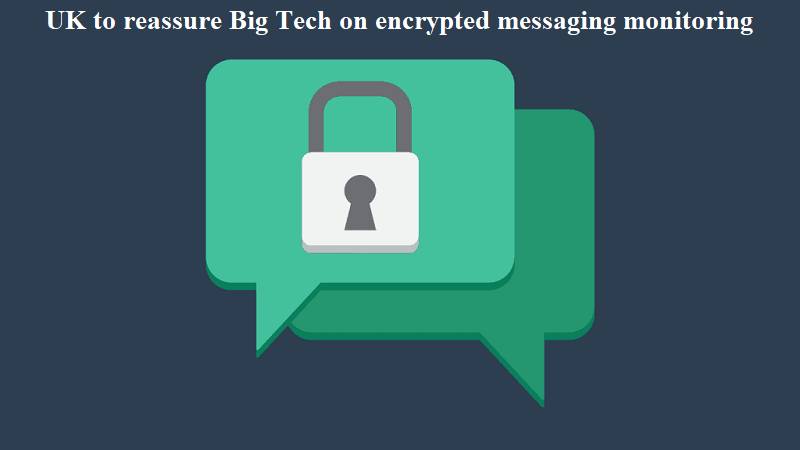
On Wednesday, the British government made efforts to alleviate concerns within the Big Tech industry by offering assurances to instant messaging platforms regarding their apprehensions about potential requirements to monitor encrypted messages for harmful content.
Several tech companies, including Meta-owned WhatsApp and Signal, had expressed their worries in response to a proposed law that could potentially compel them to discontinue their use of end-to-end encryption for private communications.
However, Junior Culture, Media, and Sport Minister Stephen Parkinson stated unequivocally that the government harbored “no intention of weakening the encryption technology utilized by these platforms.” Speaking during a debate in the House of Lords, he emphasized that the Online Safety Bill, currently navigating its path through the British Parliament, had been crafted with robust safeguards to protect user privacy.
The primary objective of the Online Safety Bill is to curb the dissemination of harmful content on digital platforms, but Parkinson stressed that this would not necessitate digital surveillance of users by these companies. Furthermore, he clarified that the UK communications regulator, Ofcom, did not possess the authority to mandate proactive technology implementation for private communications to fulfill their obligations. Instead, Ofcom would only be authorized to require platforms to examine private messages “where technically feasible,” with a focus on detecting child sexual abuse and exploitation content.
Experts interviewed by The Financial Times indicated that developing such technology could potentially take years. In April, the leaders of WhatsApp, Signal, Wire, and others jointly published an open letter, underscoring the commitment to protecting the privacy of their services. They vocally opposed the idea that any entity, whether a company, government, or individual, should possess the authority to access personal messages and vowed to continue defending encryption technology.
WhatsApp had previously declined to comply with the proposed legislation, raising speculation that the messaging platform might withdraw from the UK. Similarly, Element, a British instant messenger service, had suggested that it might relocate out of the country if the law were to be enacted. In response to these concerns, the UK government provided assurances, affirming that it had no intentions of instituting routine reviews of private communications.

Post Your Comments